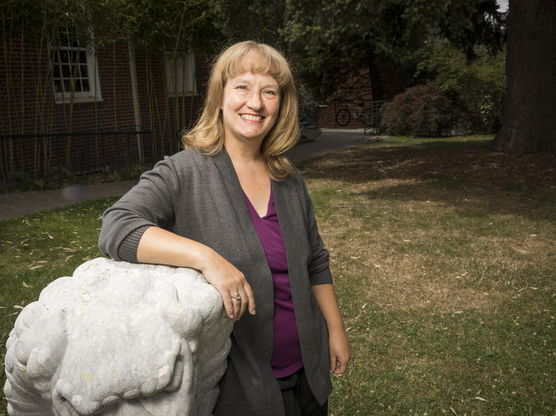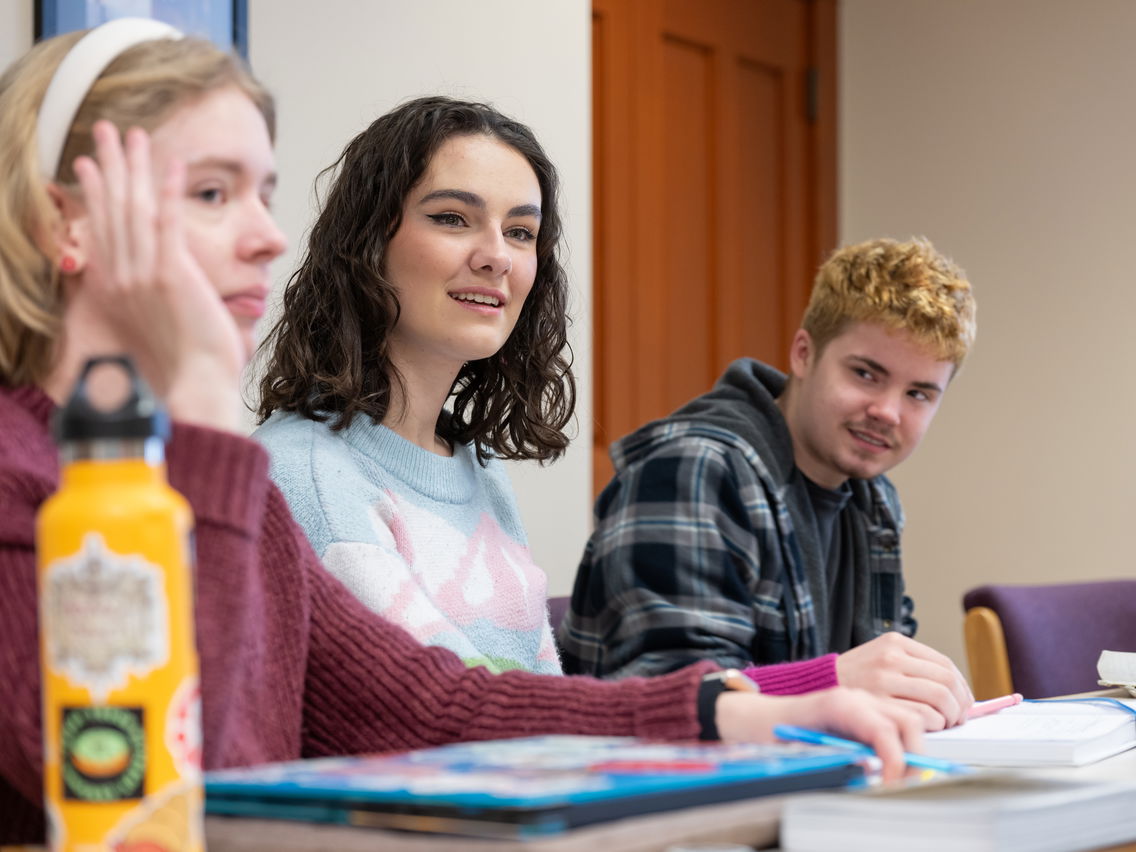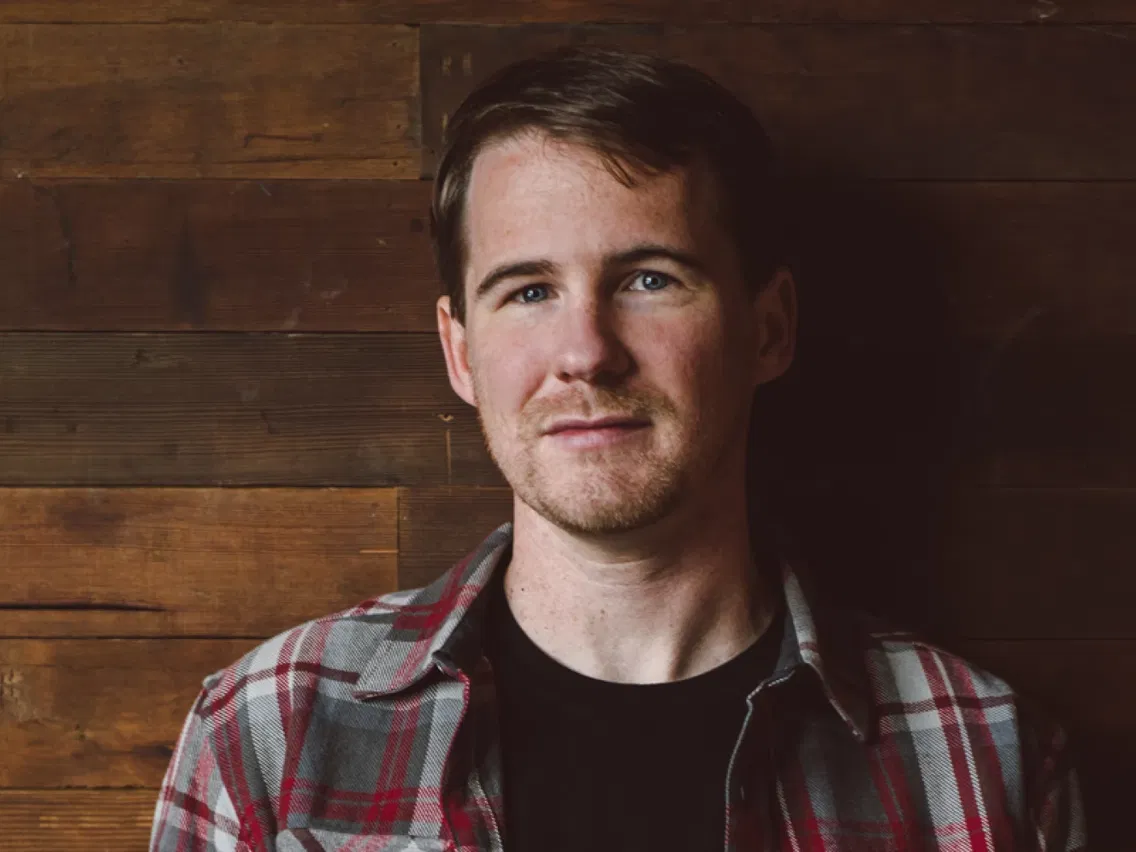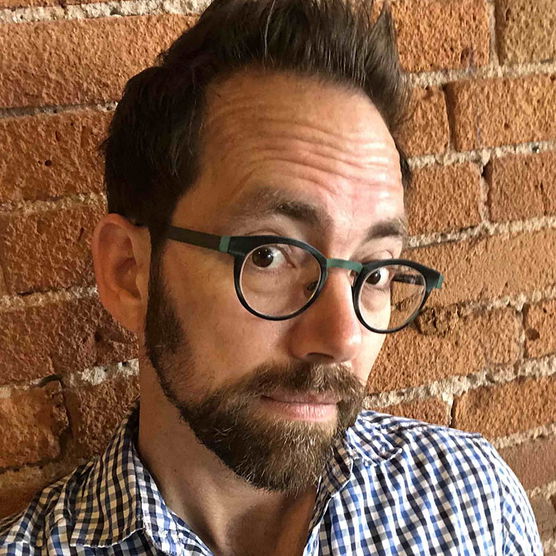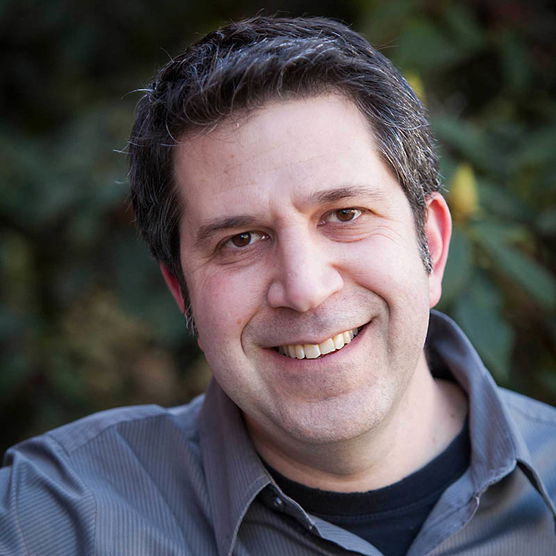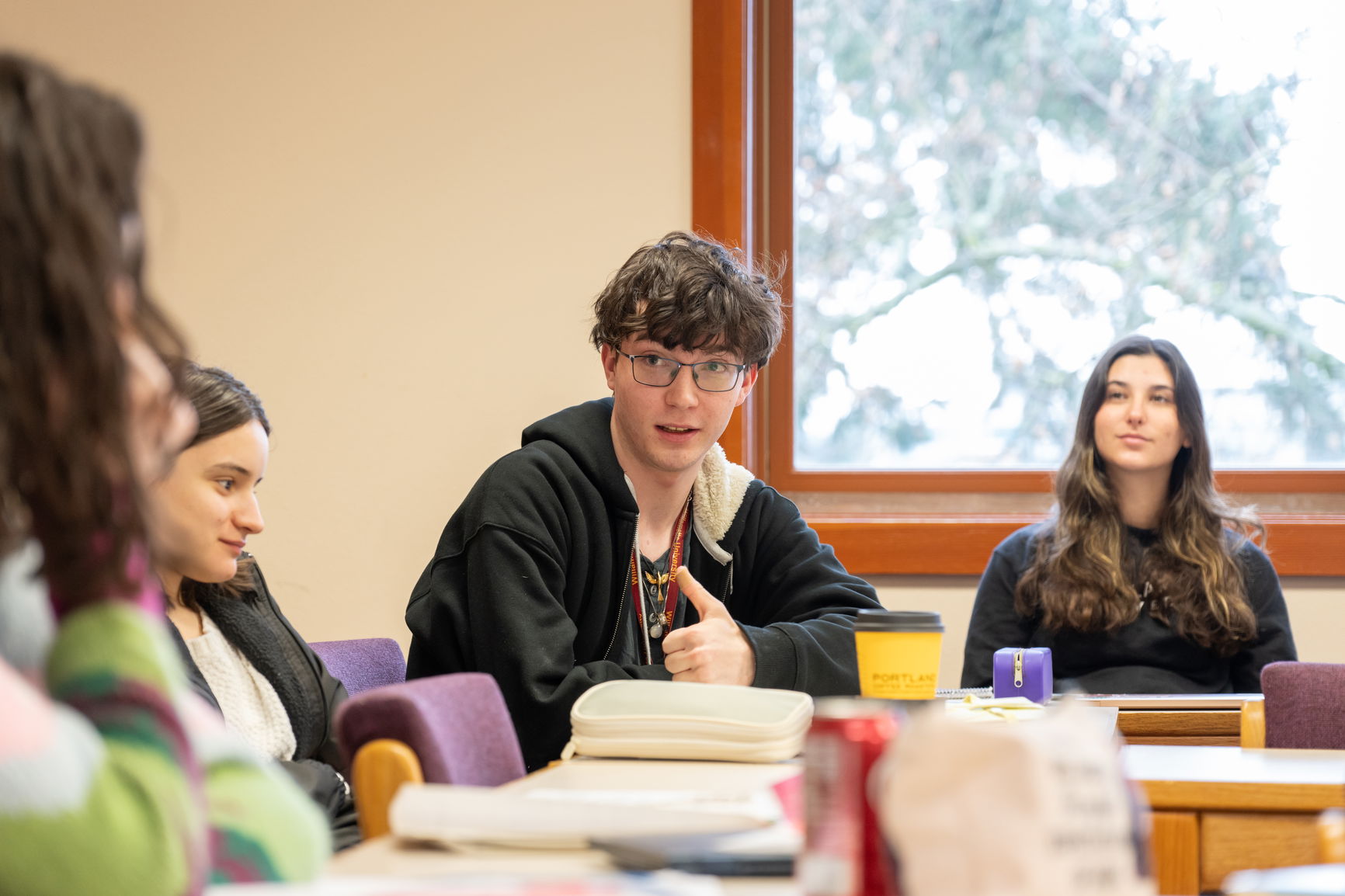Our English program offers two tracks — in literature or creative writing — and each requires 40 semester hours to complete the major, with a total of 124 credit hours required to complete the degree.. Core courses make up 8–12 semester hours. Each student pursuing a major will be required to complete 4 semester hours in literature outside the modern Anglophone tradition and 4 semester hours in American Ethnic or Post-Colonial Literature. Depending on which track they select, students must take another 20–24 semester hours in literature or writing classes, including senior seminar work.
The minor program in English consists of twenty semester hours selected in consultation with an English Department advisor.
